Norway PM: Politics Will Not Delay Statoil's Sverdrup Field
The startup of Norway's $20 billion Johan Sverdrup oil field, the country's largest industrial project in decades, will not be delayed by a political dispute over its source of power, Prime Minister Erna Solberg said on Wednesday.
Opposition parties, who hold a majority in parliament, recently agreed to ask all new fields in the Utsira High area of the North Sea, including Sverdrup, to get power from the shore when they start producing rather than generating it on the rigs with natural gas or diesel.
Using electricity from land would be a more environmentally friendly option, but operator Statoil said this could push up costs and delay projects.
However the Labour Party, the single largest party in parliament, is now hinting it may soften its stance and find common ground with Solberg's minority government.
"I expect Johan Sverdrup not to be delayed by political decisions," Solberg told Reuters in an interview.
"The last few days the clear message from the Labour Party has been that they are back on track with what the government has said for a long time, that yes, we'd like to see electrification (of the full area), but we won't manage to do that by the start of Johan Sverdrup," the premier said.
Power from the shore could cut Norway's carbon dioxide emission by 1 million tonnes, because the country generates its electricity from hydro plants, but it would be a technically challenging and costly solution given the distance to land.
Statoil plans to start production at Sverdrup towards the end of 2019 and said that a one-year delay would cause a net present value loss of 20 billion crowns ($3.35 billion).
"It's more important to start up with Sverdrup and continue with electrification of the rest later in the period. To me it seems like the Labour Party has clarified that they don't want any delays," the prime minister said, adding it would be up to the companies involved to complete the project on time.
With a price tag of close to $20 billion for the initial development phase and resources of up to 2.9 billion barrels of oil, Sverdrup is expected to generate thousands of jobs and large revenues for the Nordic nation.
At its peak it will produce up to 650,000 barrels of oil equivalents per day, a quarter of Norway's output.
Asked if she thought all four fields in the Utsira area would eventually be powered from shore, Solberg said she believed this could be achieved.
"Our ambition is that it should be electrified," she said. "You can never guarantee things like that. But I think it's possible and it's going to be a strong whish from the government that we manage that."
Sverdrup shareholders include Statoil, Lundin Petroleum , Det norske and Maersk.
($1 = 5.9685 Norwegian Krones)
(By Terje Solsvik and Balazs Koranyi; Editing by Pravin Char)

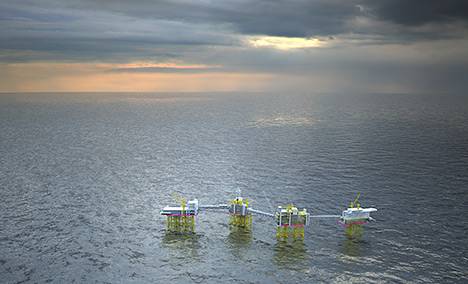
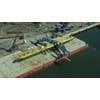

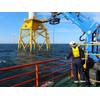


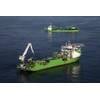







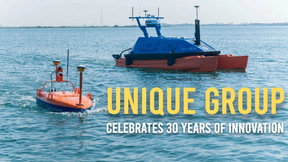
 February 2024
February 2024



